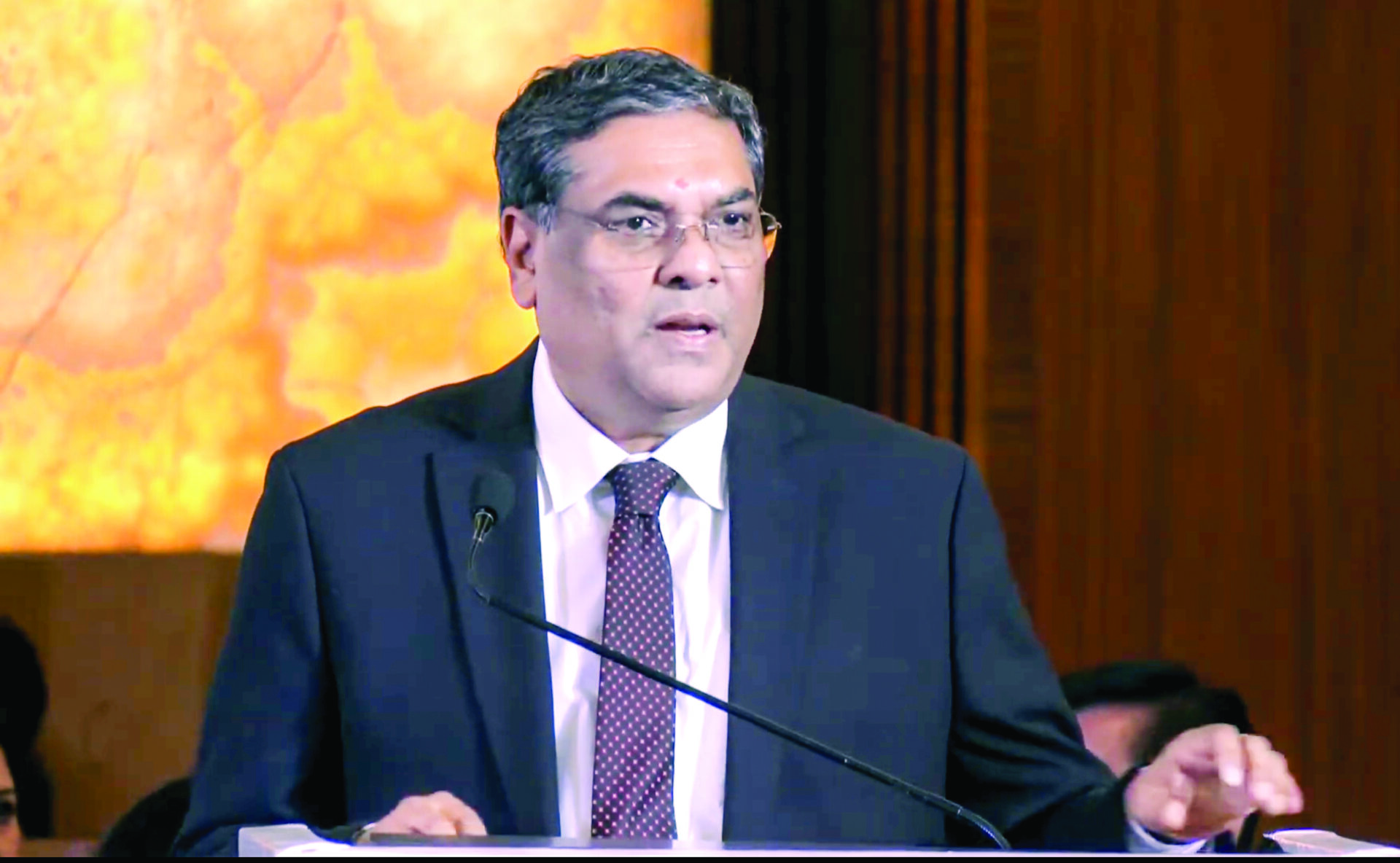New Delhi: Chief Justice of India Sanjiv Khanna on Friday expressed strong support for the Bar Council of India’s recent proposal to introduce a minimum stipend for junior lawyers, emphasizing the need to address the financial challenges that discourage young lawyers from pursuing careers in litigation.
CJI Khanna noted a troubling trend where bright, young legal professionals increasingly choose corporate law or in-house roles, not out of personal preference but due to financial considerations. He highlighted that this shift away from litigation was symptomatic of deeper structural issues, particularly the lack of financial and social security for first-generation lawyers.
“Today we are witnessing a concerning trend where young legal minds are gravitating towards corporate law or managerial roles,” CJI Khanna remarked. “While these roles have merit, we must ask ourselves are we failing to guide these young lawyers towards public interest work? Who will represent the common citizens in the future? The exodus from litigation isn’t just a matter of personal choice; it reflects the systemic issues in the profession.”
The CJI suggested that a minimum stipend for junior lawyers during the initial years of practice could help mitigate these challenges. He argued that such a measure would allow young lawyers to make informed career choices without being forced to prioritize financial security.
“To attract young lawyers dedicated to serving the public, we must create a more conducive environment for litigation practice,” CJI Khanna stated.
“This includes addressing entry-level barriers and offering support through minimum remuneration standards, which would encourage early exposure to courtroom practice.”
The CJI was speaking at an event
“Judiciary is incomplete without advocates,” he affirmed. “We, the judges, come from the Bar and return to it. The better the Bar, the better the judges. Lawyers voice diverse perspectives, shaping the law and ensuring the vibrancy of our democracy.”
He also spoke about the critical collaboration between judges and lawyers in delivering justice, noting that lawyers play a vital role in shaping legal outcomes by interpreting statutes and presenting varied viewpoints.
CJI Khanna further addressed the need for accountability within the judiciary, acknowledging that both judges and lawyers are accountable to the public.
He pointed out that issues like adjournments and case backlogs should not be seen as criticisms of individual judges or advocates, but as broader concerns about improving the judicial system.
“Accountability checks should not be mistaken for confrontation,” he explained.
“Both the Bench and the Bar are ultimately accountable to the public.
CJI Khanna supports minimum stipend for junior lawyers
इस शब्द का अर्थ जानिये
- Advertisement -

